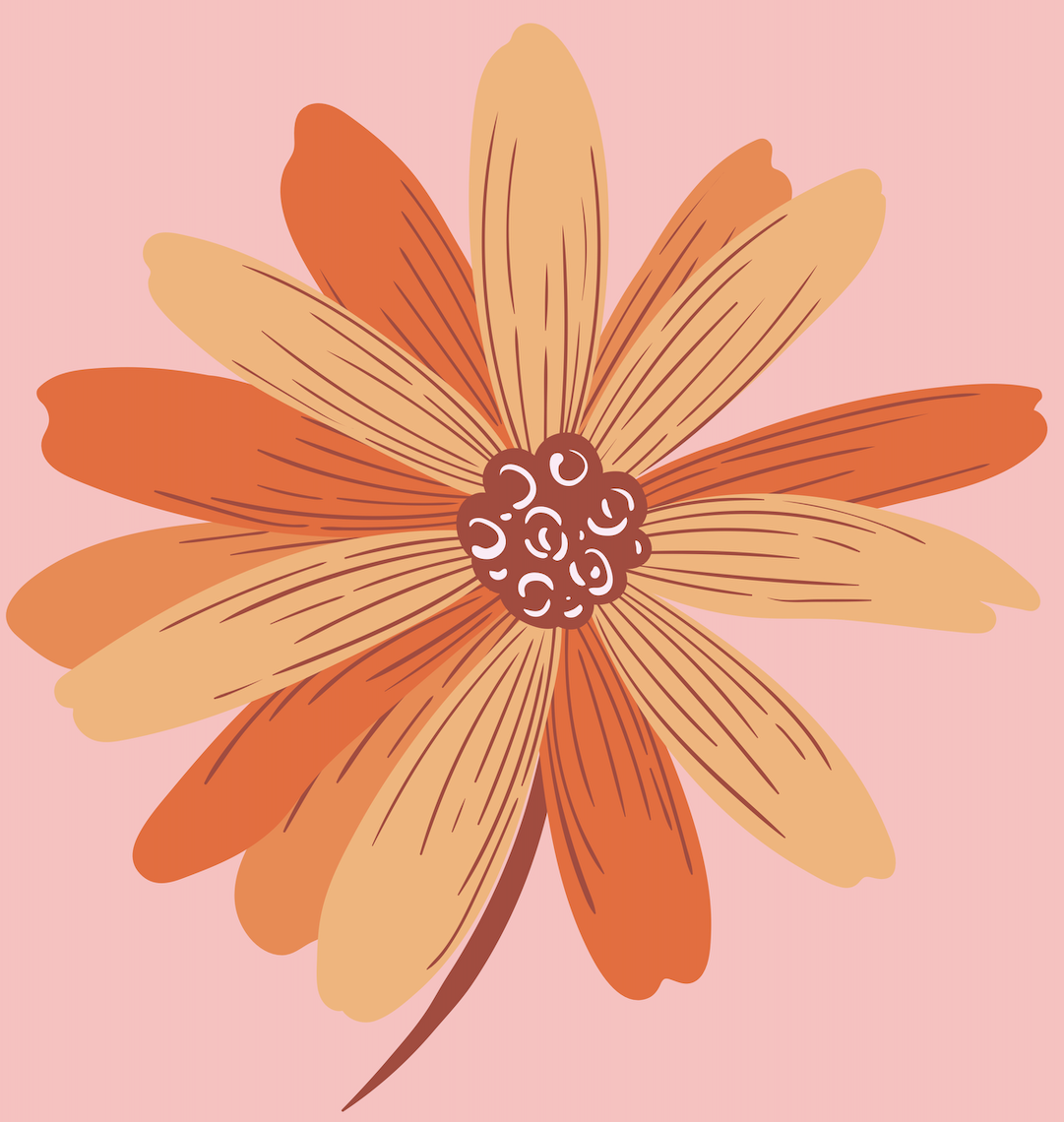Conversations That Change Lives: Reflections from the AASTN Conference
Over the past three days, I’ve had the absolute privilege of immersing myself among fellow stomal therapy nurses from across Australia at the AASTN Conference in Melbourne. Surrounded by passionate, experienced professionals, I was reminded why I am so proud to be part of this community—a group united by clinical excellence, empathy, and an unwavering commitment to improving lives.
Real Voices, Real Impact
The conference opened with a powerful and deeply personal session led by Sophie Edwards and Kellie Finlayson—two resilient young women, bowel cancer survivors, and co-hosts of the Sh!t Talkers Podcast. Their raw honesty in sharing their journeys of living with cancer and a stoma is breaking down stigma in a way that textbooks never could. They are not just survivors—they are educators, advocates, and courageous change-makers. Listening to them reinforced my passion for the work I do. They remind us that behind every stoma is a story worth hearing—and that change begins with open, honest conversation.
Courage Beyond Borders
I was also deeply moved by the presentation of Dr. Bushra Othman, a Palestinian-Australian general surgeon who has twice volunteered in Gaza. Her willingness to leave the safety of home to serve others in dire conditions is nothing short of heroic. The images, the stories, the sacrifice—her talk left an imprint on my heart. She humbly stated, “I am only one person,” yet her actions have impacted so many. Her courage reminds us of the power of individual purpose in the face of global pain.
The Hidden Side of Illness
Then came Dr. Simon Knowles, a leading expert in Psychogastroenterology. He introduced the concept of “observational illness versus hidden illness.” It’s easy to offer compassion for what we can see—a cast, a scar, a diagnosis. But many illnesses, especially those involving psychological distress from gastrointestinal conditions or living with a stoma, are invisible. He showed how untreated psychological impacts can lead to poorer outcomes and reduced quality of life. His message was clear: stomal therapy nurses are key to bridging the gap between medical care and emotional wellbeing—before, during, and long after surgery.
Walking Away Empowered
This conference wasn’t just a gathering of minds—it was a gathering of hearts. I leave Melbourne feeling empowered, knowing that even though our specialty may be under-recognised, it is essential. We are the quiet force advocating for dignity, quality of life, and emotional healing. We are educators, problem-solvers, and confidants. And we are not alone.
We are change-makers—one conversation, one patient, one story at a time.
